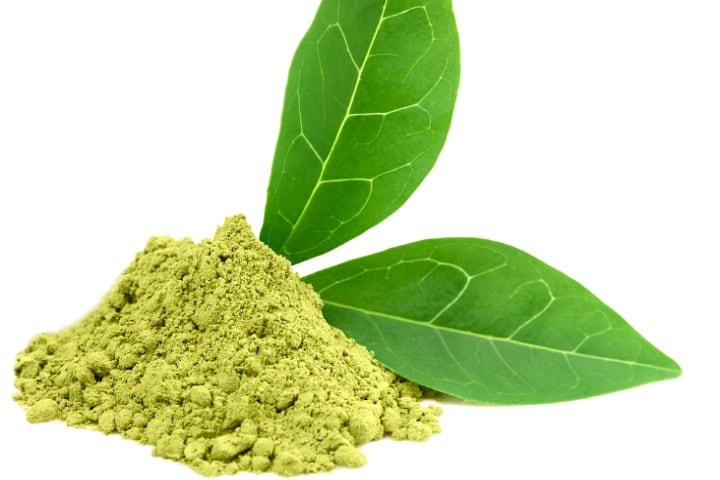Fact is the economic incentive to falsify product is simply too great for a total clean slate. There will always be rogue players driven by essentially criminal intent. Then there is simply poor quality control at varying points along the supply chain. Question is: How effectively are these problems being addressed?
“Some raw materials are rare or difficult to find and in that case if you have a market demand and a product difficult to find, you may find difficulty to have the right botanical to start with,” said Antoine Bily, global R&D director at Naturex in France.
“So you can have some economic adulteration and also some adulteration due to the fact that some plants that are mixed up at the beginning of the process.”
Testing methods
While the problems are universal, the methods of detecting them differ.
Bily said Naturex possessed a “full set of testing methods” to ensure incoming materials were authentic.
Christian Artaria, marketing director at Indena in Italy, said the European Pharmacopeia methods were important and validated methods and, “should be the methods to be followed.”
Holger Riemensperger, general manager of the Health Business Unit at Swiss-based Frutarom agreed the European Pharmacopeia was key and such methods had played a role in reducing the incidence of adulteration.
“Absolutely. It’s pretty much the same for Frutarom. We have a history coming from pharmaceuticals. We apply generally the pharmacopeia for all our raw materials.”
Artaria said adulteration incidents had decreased due to GMP implementation in the US. “Companies now at least have to do identification tests. So it is getting better.”
Supply chain control

But he said ‘unintentional’ adulteration with the likes of pesticides was maybe the bigger problem.
All agreed working more closely up and down the supply chain with growers and product makers was also important to improve quality.
“When we receive batches, even from our own plantations, we perform microscopic analysis, phytochemical analysis, in some cases even DNA analysis to make sure the species – even though we seeded it, we put it in the ground – is exactly what we wanted to have. So the testing is mandatory in any case.”
Riemensperger, “100% agreed. That is exactly what we do.”
Bily added that, “what is important is to have the appropriate testing. For example, DNA testing may not apply to some specific extract…that’s why you need science and laboratories to have all the background that is required to test botanicals.”
Education
Artaria cited ginseng as an example of a herb in short supply and therefore Indena took the time to inform customers of the situation and to be aware of counterfeit product whose low price alone could act as an adulteration red flag.
Bily and Riemensperger agreed customer education and testing aid were key ways to stamp out adulteration streams.
